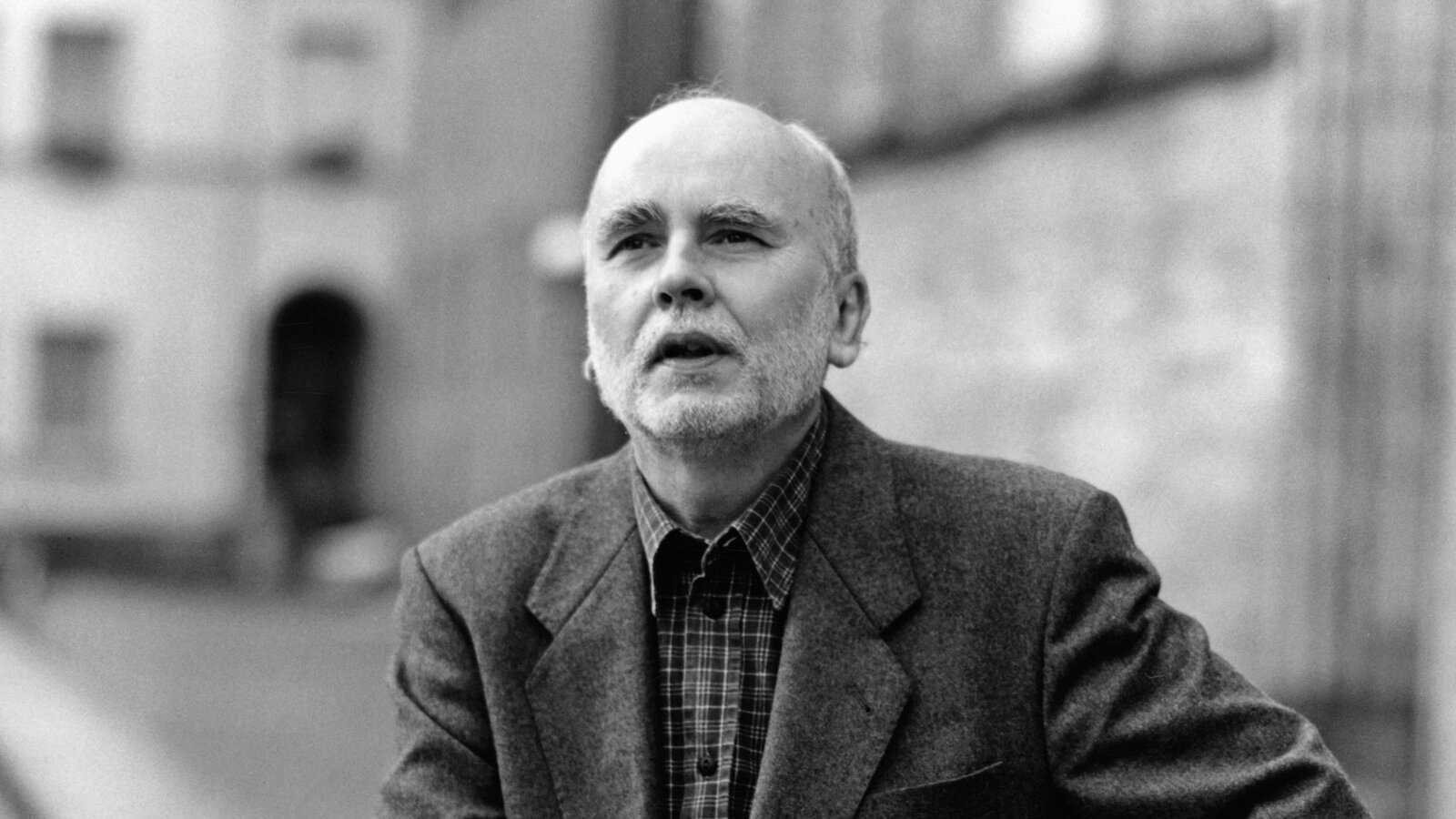Through the meadow and hedgerow, village and forest,
cavalries on the march, infantries on the march,
horses and cannons, old soldiers, young soldiers, children,
wiry wolfhounds at full gallop, a blizzard of feathers,
sleds, Black Marias, carriages, taxis,
even the old cars called Moskwitch come roaring in,
and warships and rafts and pontoon bridges roar in,
and barges, steamships, canoes (some of which sink),
barrage balloons, missiles, bombers,
howitzer shells whistling arias from an opera,
the shriek of flagellants and the growl of commands,
songs slashing the air with notes made of steel,
yurts and tents break camp, ropes tighten,
banners of dyed linen tremble overhead.
Messengers, painting, die as they run,
cables rush out, candles burning with quick crimson flames,
colonels dozing in carriages faster than light,
popes piously murmuring blessings,
even the moon is along on that hard, iron march.
Tanks, sabers, ropes,
Katyusha shells whirring like comets,
fifes and drums exploding the air,
clubs crunching, the heaving decks of ferries
and of invasions sigh, sway, the sons of the steppes
on the march, Moslems, condemned prisoners, lovers
of Byron, gamblers, the whole progeny
of Asia with Suvorov in the lead
limps in with a train of fawning courtiers who dance;
the yellow Volga runs in, Siberian rivers chanting,
camels pensively plod, bringing
the sands of the desert and humid mirages,
the fold-eyed Kirghizes marching in step,
the black pupils of the God of the Urals,
and behind them schoolteachers and languages straggle,
and behind them old manor houses skate in like gliders,
and German doctors with dressings and plasters;
the wounded with their alabaster faces,
regiments and divisions, cavalries, infantries, on the march,
Russia comes into Poland, tearing cobwebs, leaves, silk ribbons,
ligaments and frontiers,
breaking
treaties, bridges, alliances,
threads, ties, clotheslines with wet washing still waving,
gates, arteries, bandages and conjunctions,
future and hope;
Russia comes in, marching
into a hamlet on the Pilica,
into the deep Mazovia forests,
rending posters and parliaments,
trampling roads, footbridges, paths, streams.
Russia comes into the eighteenth century,
into October, September, laughter and tears,
into conscience, into the concentration
of the student, the calm silence of the warm bricks of a wall,
comes into the fragrance
of meadows, herbs, the tangled paths of the forest, trampling
the pansy, the wild rose,
hoofprints in the moss, tractor and tank prints
in the soft moss,
it overturns
chimneys, tree trunks, palaces,
turn off lights, makes great bonfires
out in the formal garden,
stains the clear spring,
razes the library, church, town hall,
flooding its scarlet banners through the sky,
Russia comes into my life,
Russia comes into my thought,
Russia comes into my poetry.
Translated by Renata Gorczynski, Benjamin Ivry, and C.K. Williams Purchase “Without End” by Adam Zagajewski and the translators
Adam Zagajewski (1945–2021) was born in Lvov. His books include Tremor; Canvas; Mysticism for Beginners; Without End; Solidarity, Solitude; Two Cities; Another Beauty; A Defense of Ardor; Eternal Enemies; Unseen Hand; and Asymmetry—all published by FSG. He lived in Chicago and Kraków.
